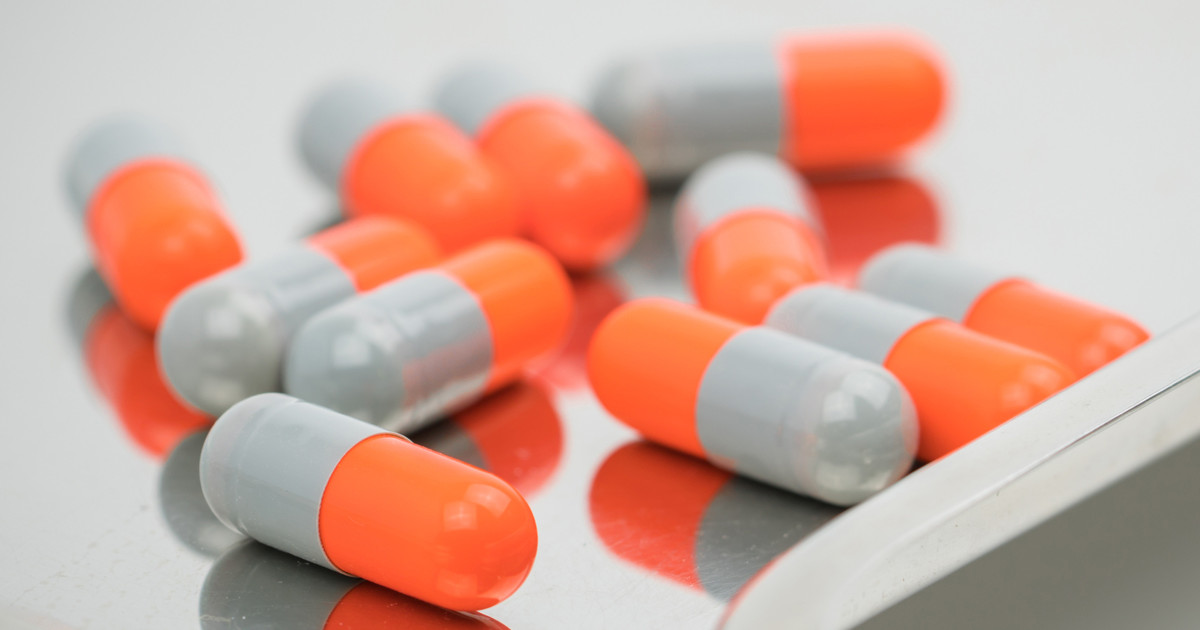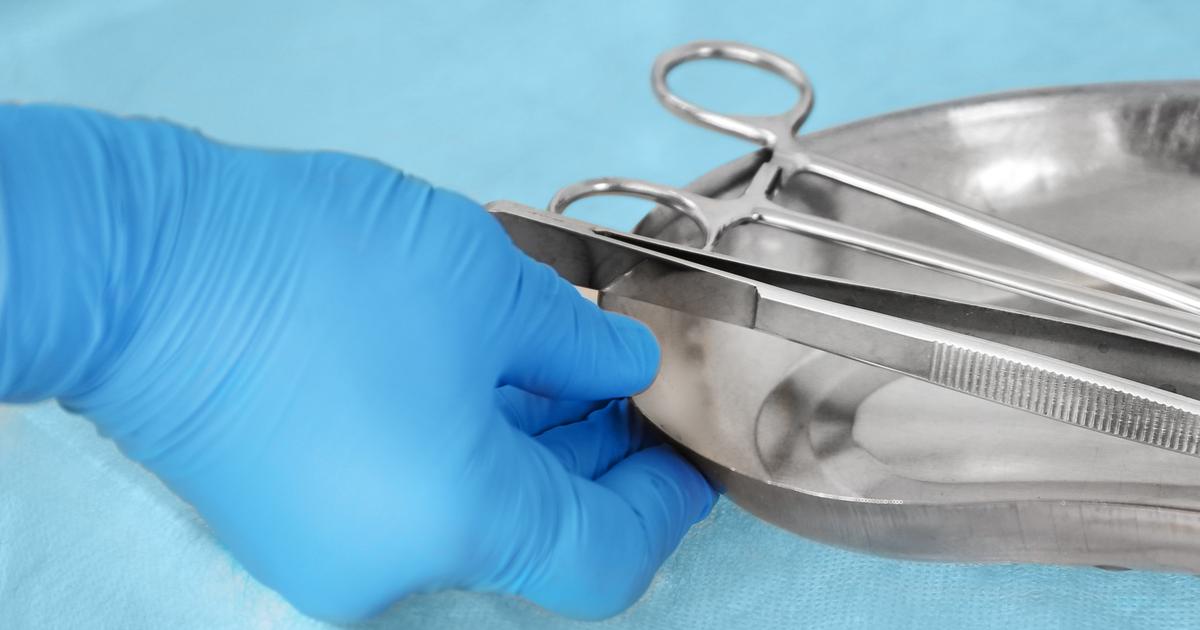How To Treat A C. Difficile Infection
An infection that develops in the gastrointestinal tract caused by the Clostridium difficile bacterium is referred to as a C. difficile infection. Most individuals develop this type of infection because they have taken antibiotic medications to treat an unrelated infection that has thrown their gut microflora out of balance and allowed for the overgrowth of the Clostridium difficile bacterium. The C. difficile bacteria overgrowth in an individual's intestines produces symptoms associated with inflammation in the affected tissues due to toxins produced by the bacteria.
Symptoms include fatigue, abdominal discomfort, nausea, fever, diarrhea, and dehydration. In a small number of cases, the C. difficile infection can affect an individual's entire body when it becomes progressively severe. While such cases require the use of aggressive treatment methods, C. difficile infections that are caught early can be treated with several less extreme methods. Learn about treatments for a C. difficile infection now.
Course Of Antibiotics

An individual affected by a C. difficile infection may need to take a course of antibiotics as the first part of their treatment. Antibiotics are a family of medications known to stop the growth or destroy certain bacterial microorganisms that cause illness and infection in humans and animals. Certain antibiotics that can kill off harmful bacteria can also kill off the good bacteria in an individual's gut that prevent bacterial overgrowth infections like C. difficile.
While an antibiotic an individual is taking for another infection in the body can actually trigger their C. difficile infection, they still may need to take yet another course of a different antibiotic that will stop the C. difficile bacteria from growing any further. Antibiotics known to help patients with C. difficile infections include vancomycin, fidaxomicin, and metronidazole. An individual may experience a reoccurrence of their C. difficile infection if they take antibiotics to treat a different condition even while they are on antibiotics to treat their C. difficile infection.
Surgical Intervention

Surgical intervention is often reserved for individuals who have severe, unresolved, and non-responsive C. difficile infections. Severe C. difficile infections can cause patients to develop a condition referred to as toxic megacolon, which is when an individual's colon becomes abnormally wide within a time frame of several days because of the inflammatory process that has been triggered by their infection. When the colon dilates, expands, and distends to such a degree, it is unable to remove feces or gas from the body and can burst open.
Surgery to remove all or part of the individual's colon, called a colectomy, may be required to eliminate the diseased tissues. The patients who require complete colon removal will also require an ileostomy so their body can still effectively eliminate waste. An ileostomy is a procedure where part of the individual's small intestine is pulled through an opening in their lower abdomen. Waste is then eliminated through a stoma or surgical wound opening into a disposable bag.
